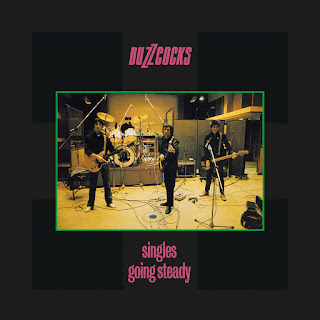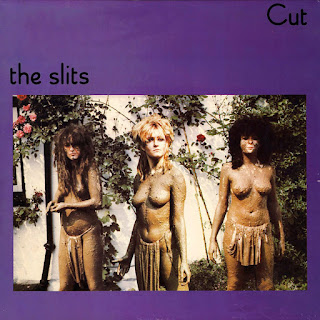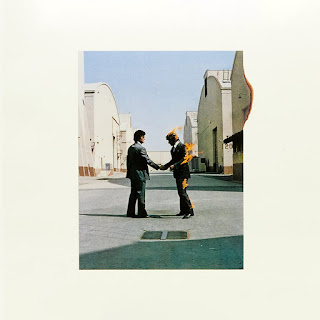250. Buzzcocks, "Singles Going Steady"

When it came time to pick a punk name, guys would usually go for the abrasive (Johnny Rotten) or the arty (Lux Interior) or the gangy (Ramones), but Peter McNeish borrowed the name of his favorite Romantic poet, Percy Bysse Shelley, and christened himself Pete Shelley. This gives you some clue about what the Buzzcocks were up to. Solidly punk - more recognizably "punk" than the Clash, they absolutely go hard - but with a melodic edge and a rejection of the utter nihilism that dominated a lot of British punk of their era. That melodic edge is all over this album, a collection of singles released in the US in 1979 and immediately influential on a lot of American proto-punk bands. Just check out "I Don't Mind," which is kind of all over the place but which has a vocal melody that is just out of this world: The second song, "What Do I Get?' became famous again after it was used in a few commercials, like for McDonald's in the UK and Toyota here in















